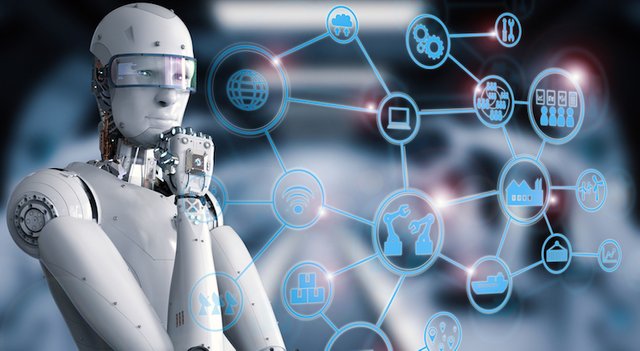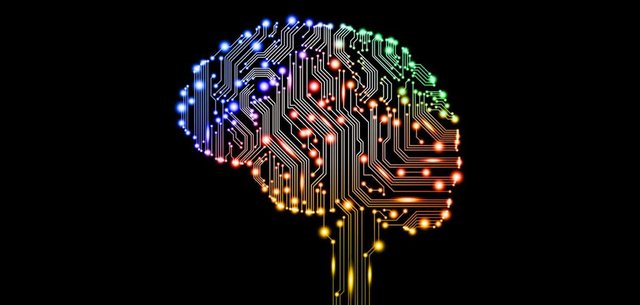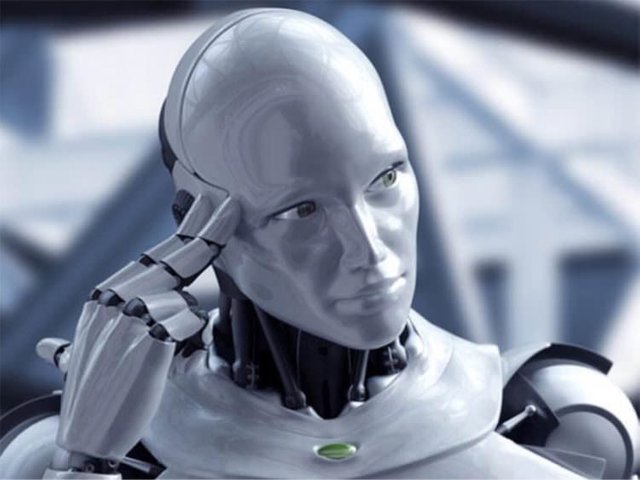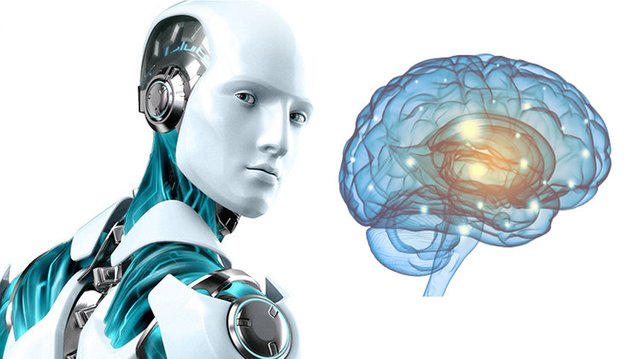Artificial Intelligence Able to Imagine the Future
Nowadays artificial intelligence has had many advances in the different fields of technological development that seek to make our lives easier, it is also true that many new things are missing to learn about this technology, which promises us great things for the future.
In this sense, the giant Google in its laboratories of DeepMind, specialized in the development of advanced artificial intelligence, have begun to create a type of intelligence that can "Imagine" the future based on the rationing of the decisions realizing plans to future without the Human intervention.
Practically this new technology can Imagine the consequences of your actions before making any decision. For humans, this behavior we take for granted but for a robot or any other artificial intelligence is more difficult.
This new Imaginative approach creates a new AI family called I2As (Imagination-Augmented Agents) that uses an "imagination encoder" that functions as a neural network that learns to extract any useful information for the future decisions of the agent, But ignores everything that is not relevant.
These skills will give these intelligent agents the ability to adapt to changing situations in their environment, thus predicting the different scenarios possible in the future.
"For example, when you place a glass on the edge of a table, you are likely to consider how stable it is and if you could fall, based on this imaginary consequence you can readjust the glass to prevent it from falling. If our algorithms manage to develop equally sophisticated behaviors, they must also have the ability to imagine and reason about the future. Beyond this they must be able to build a plan using this knowledge. "Researchers explain.
This advance also means that in the future you will be able to create software and hardware capable of solving complex tasks more efficiently. Adapting AI algorithms to changing conditions for which they have not been programmed.
These agents have a series of characteristics that we reflect below:
=> They learn to interpret their internal simulations. This allows them to use models that capture the environmental dynamic in a thick way, even when those dynamics are not perfect.
=> They use their imagination efficiently. They do this by adapting the number of imagined paths to fit the problem. Efficiency is also enhanced by the encoder, which is able to extract additional information from the imagination beyond rewards - these paths may contain useful clues even if they do not necessarily result in a high reward.
=> They can learn different strategies for building plans. They do this by choosing between continuing a current imagined path or restarting from scratch. Alternatively, they can use different models of imagination, with different accuracy and computational costs. This offers them a broad spectrum of effective planning strategies, rather than a single approach that could limit adaptability in imperfect environments.
To make this possible, researchers have integrated or combined a series of new approaches to existing AI technology, where we have reinforced learning through the Test and Error technique and deep learning focused on processing a large amount of information.
As a result we have a system that can easily combine trial and error learning with functional simulation capabilities, allowing robots to learn from their environment before making any decisions and acting.
After a series of tests scientists could note that AI could better manage knowledge gaps by selecting only the information that is useful for making decisions and acting accordingly. And not only is it an advanced planning, creativity has a lot to do when it comes to combining different ways of identifying the best routes of action.
The DeepMind project is still at an early stage of development so there is still a long way to go to be fully functional and operate in a real environment. However, it opens a new window of possibilities on what Advanced Artificial Intelligence is about.
Here is a small example of what I2As agents can do in a puzzle game called Sokoban where AI had to decide where to place each box in the game to be victorious, having only one chance.
"The real world is complex, rules are not as clearly defined and unpredictable problems often arise, even for the most intelligent agents, to imagine in these complex environments is a long and expensive process." Demis Hassabis, founder of DeepMind.




Nice work, i hope you grow fast on steemit :)
Thank You for your kind words :)
You are more than welcome & upvoted :)
Nice work, I like science and technology, and I hope to live enough to see and AI and the interplanetarian exploracion it will be awsome. (Sorry for my bad English )
No worries, my English is also not too good :p
Thanks BTW :)
Congratulations @waqarraja! You have completed some achievement on Steemit and have been rewarded with new badge(s) :
Click on any badge to view your own Board of Honor on SteemitBoard.
For more information about SteemitBoard, click here
If you no longer want to receive notifications, reply to this comment with the word
STOP